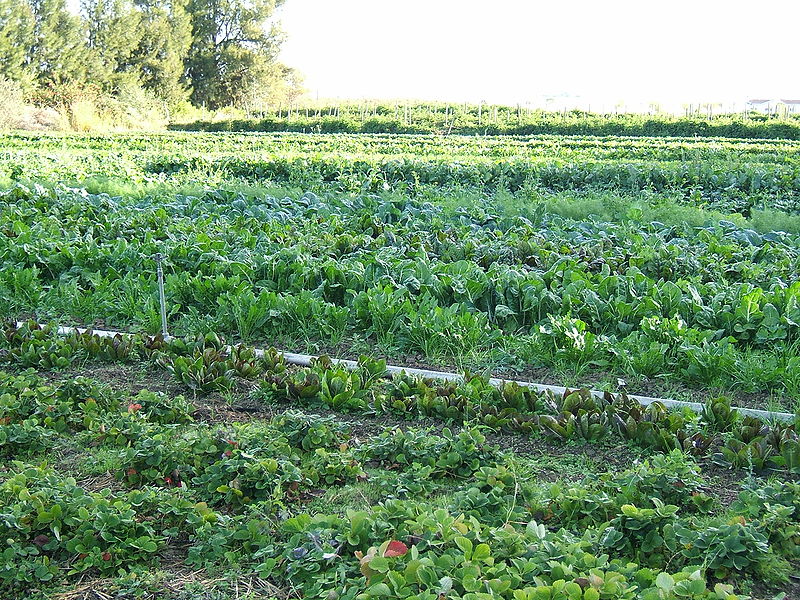A prominent food security expert has claimed that encouraging Europe’s farmers to switch to organic production could “do more environmental harm than good”, reports Farmer’s Weekly.
Professor Tim Benton, a specialist in population ecology at the University of Leeds, told a conference last month that the reduced yields of many organic crops meant that land elsewhere had to be cultivated to make up the shortfall – often in areas with poor environmental controls.
Benton told the Farming Futures conference on sustainable agriculture, that “if the European Union increased organic farming to 20% of our land area, our production would go down, but our demand for food wouldn’t”.
He added: “We would need about 10 million hectares to produce the same level of food, which would mean importing more from other countries. By encouraging organic farming in Europe we are transporting and amplifying the global costs of food production
Benton argues that the style of land management or use in place can have impacts far way – as pollution downstream, or on carbon emissions or biodiversity. In the case of expanding organic production, he told the conference: “If we reduce yields in one place, somewhere else is going to take the hit as our reduced yields send signals to the market to increase yields elsewhere.”
But Professor Nic Lampkin, director of the Organic Research Centre, warns that narrow discussions around yields can distort the wider food security debate. He told Natural Products: “I would argue that the context with which Tim Benton and others are looking at the data is wrong. A lot of the discussion currently focuses on the yield of individual crops, rather than looking at the productivity of systems as a whole. If you focus on wheat, which is often the case – and where yields are well known to be typically 50-60% of conventional – you can make a headline-grabbing point. But you need to be looking at the system as a whole to get a more accurate picture of what is going on. On mixed production organic farms you’ll find that yields are more typically 10-20% lower than conventional – and that is supported by two recent meta-analysis studies.”
Lampkin also says that the assumption of continued increases in productivity of conventional systems is unsafe. In many instances, he says, conventional farmers are struggling to intensify production. He cites cases of blackgrass herbicide resistance and the recent partial banning of three widely used neonicotinoid insecticides as examples of the challenges facing conventional farmers. “Furthermore, conventional crops are not responding to additional nitrogen fertiliser applications, whereas organic yields are now where conventional yields were in the 70s.
Lampkin says that focusing more on reducing food waste as well as diet, which would lead to very measureable progress in feeding the world, should be a higher priority at a policy making level. But he adds: “The problem is that the policy debate is led by people who insist we can produce our way out of the problem.”
Picture: Organic mixed vegetable cultivation, California





